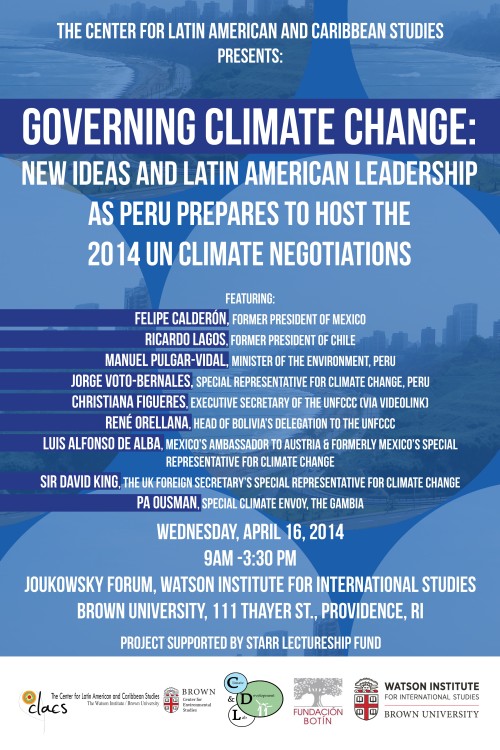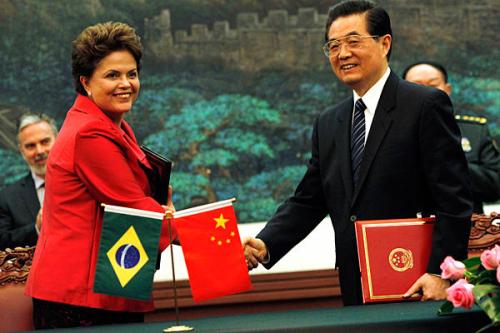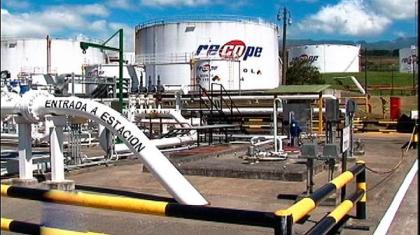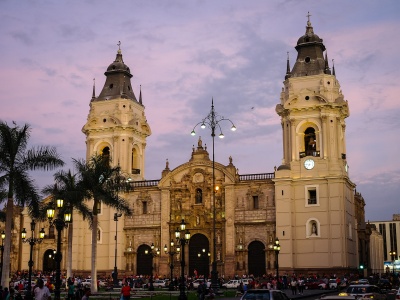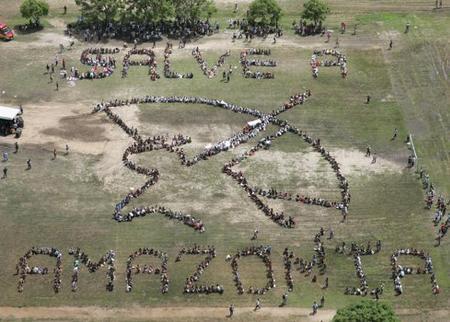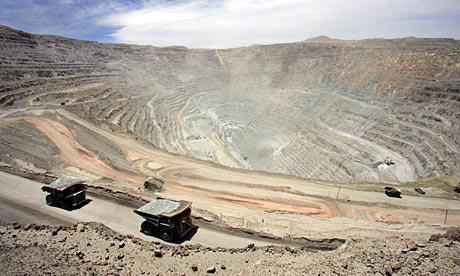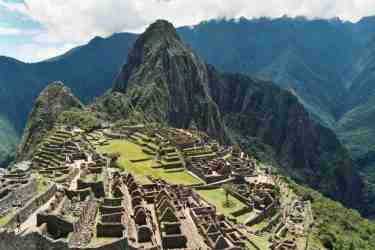April16, 2014 – Time: High Level Plenary Sessions 9 a.m.-3:30 p.m.
Location: Joukowsky Forum, Watson Institute for International Studies, Brown University -111 Thayer Street – Providence, RI
The conference will be live-streamed and will be available to view after the conference. The live-stream link is: http://mediacapture.brown.edu:8080/ess/echo/presentation/5ca33def-d507-404a-8a1e-482942060b9e
Description:
The conference “Governing Climate Change” will take place on April 16, 2014 at Brown University. The conference is co-organized by the Climate and Development Lab and Center for Latin American and Caribbean Studies.
The conference is supported by Brown University’s Office of the President, the Center for Latin American and Caribbean Studies, (CLACS), the Center for Environmental Studies (CES), and the Watson Institute for International Studies with support from Fundación Botín and the Starr Lectureship Fund.
It will provide a unique and neutral space to explore how new ideas and leadership from Latin America are changing climate change discourse and governance. The meeting will have a special focus on Peru’s role as incoming president of the Twentieth Conference of the Parties (COP20) to the UNFCCC in December 2014, in Lima.
There will be three high level plenaries on April 16 which will all be live-streamed:
9:00 – 10:30 am – First High level plenary: An Ambitious Global Climate Agreement Must Start at Home: The Imperative of Presidential Leadership
Chair: Professor Rich Snyder, Director, Center for Latin American and Caribbean Studies, Brown University
Timmons Roberts, Ittleson Professor of Environmental Studies and Sociology, Center for Environmental Studies, Brown University
Former President of Chile and Professor-at-large Ricardo Lagos at Brown University
Former President of Mexico Felipe Calderon and Chair of the Global Commission on the Economy and Climate
Questions and Answers
10:45 -12:30 pm – Second High level plenary: New Ideas and Latin American Leadership on Climate Change
Chair: Timmons Roberts
Christiana Figueres, Executive Secretary of the UNFCCC (live video)
Manual Pulgar-Vidal, Minister of the Environment of Peru and COP20 President
Luis Alfonso de Alba, Mexico’s Ambassador to Austria and formerly Mexico’s Special Representative for Climate Change
Rene Orellana, Head of Delegation to the UNFCCC, Bolivia (
Questions and Answers
1:30 – 3:30pm – Third High level plenary: Breaking the Impasse? Prospects and Ideas for Securing Progress at the UNFCCC in 2014 and 2015
Chair: Lisa Friedman, Deputy Editor, ClimateWire
Sir David King, the UK Foreign Secretary’s Special Representative for Climate Change
Pa Ousman, Director of the Department of Water Resources and Special Climate Envoy, The Gambia
María Laura Rojas Vallejo, Ministry of Foreign Affairs, Colombia
Olai Uludong, Nauru and Lead Negotiator of the Alliance of Small Island States
Rene Orellana, Head of Delegation to the UNFCCC, Bolivia
Alejandro Rivera, Director of Environmental Governance, Ministry of Foreign Affairs, Mexico
Jorge Voto-Bernales, Peru’s Special Representative for Climate Change
Contact Information: For more information, send an email to paola_eisner[at]brown.edu

